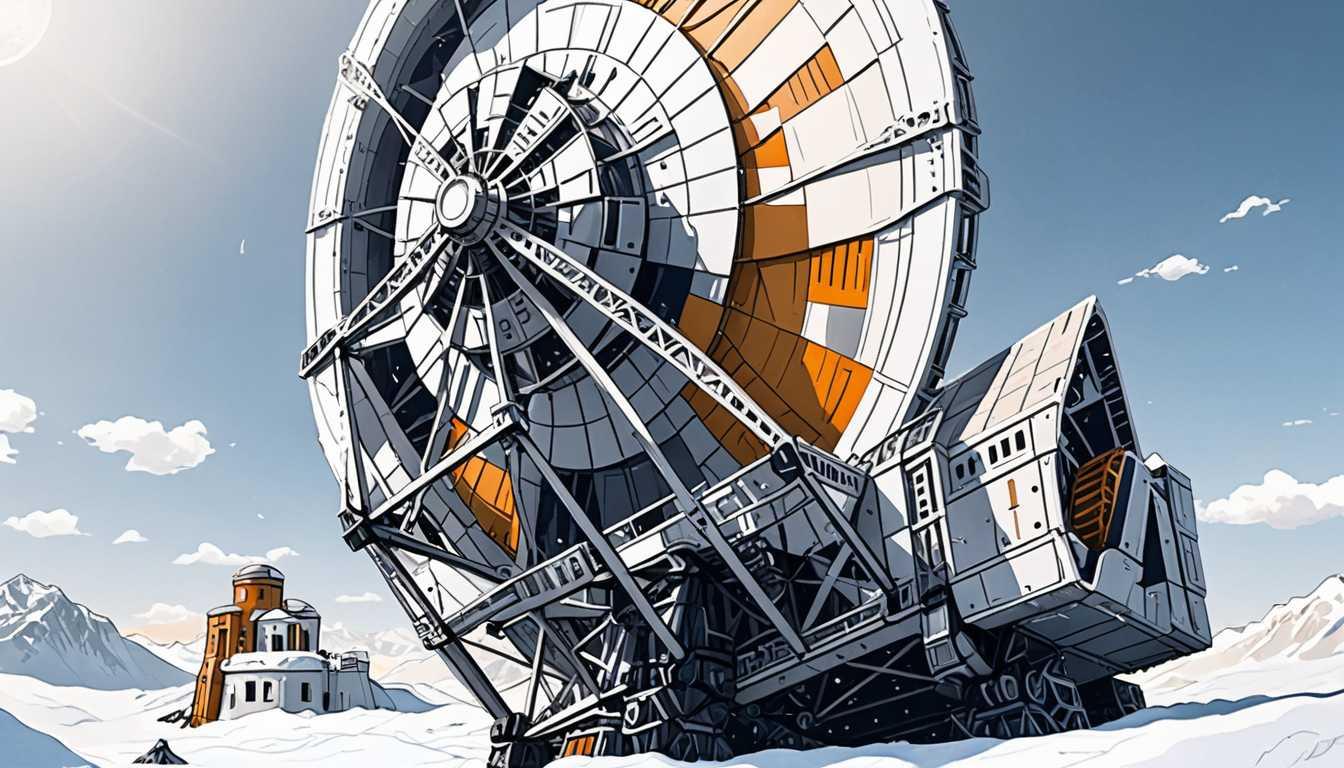Decoding Black Holes: The Spin Secrets
January 2025
U of Cambridge Research
Introduction
Ready to dive into the mysterious world of black holes? A groundbreaking study from the University of Cambridge reveals that the spin of these cosmic giants can tell us where they came from! By analyzing gravitational waves, researchers found that black holes might have had some wild mergers in star clusters. So, if you’ve ever wondered how black holes get their spin, this article has the answers! Check it out for a stellar journey into the universe!
READ FULL ARTICLEWhy It Matters
Discover how this topic shapes your world and future
Unlocking the Secrets of the Universe
Have you ever gazed up at the night sky and wondered about the mysteries lurking in the depths of space? One of the most fascinating topics in astrophysics today is black holes, particularly how they form and evolve. Recent research reveals that black holes can tell us a lot about their history through their size and spin. By studying gravitational waves—ripples in space-time caused by massive cosmic events like black hole mergers—scientists can better understand where these black holes come from and how they interact in crowded star clusters. This is significant not just for understanding the universe but also for grasping the fundamental laws of physics that govern everything around us. As you explore this topic, think about how the discoveries we make about black holes might shape our understanding of existence itself and our place in the cosmos.
Speak like a Scholar
Gravitational Waves
Ripples in the fabric of space-time caused by massive events, like merging black holes, that can be detected by specialized instruments.
Astrophysics
The branch of astronomy that focuses on understanding the physical properties and behavior of celestial bodies, including stars, planets, and black holes.
Mass Threshold
A specific point or limit in mass that, when crossed, can lead to different behaviors or outcomes—in this case, how black holes change their spin.
Spin
The rotation of a black hole, which can influence its properties and the way it interacts with other objects in space.
Clusters
Groups of stars that are closely packed together in space, where interactions and collisions can lead to phenomena like black hole mergers.
Simulation
The use of computer models to imitate and study complex systems or events, such as how black holes are formed and evolve over time.
Independent Research Ideas
The Role of Gravitational Waves in Astrophysics
Investigate how gravitational wave detection has changed our understanding of black holes and the universe. Exploring this can reveal how new technologies help us uncover hidden cosmic phenomena.
Comparative Study of Black Holes in Different Environments
Examine how black holes form in varying conditions, such as isolated space versus dense star clusters. This topic could highlight the impact of environment on cosmic evolution.
The Future of Black Hole Research with Advanced Detectors
Research the potential advancements in black hole detection technology, like the Einstein Telescope, and how they could reshape our understanding of the universe.
Black Holes and the Fabric of Space-Time
Analyze the relationship between black holes and the structure of space-time. This could help you explore theories of relativity and their implications on our understanding of gravity.
The Evolution of Stars into Black Holes
Investigate the life cycle of stars and their eventual transformation into black holes. This can lead to insights on stellar evolution and the balance of forces in the universe.
Related Articles

Unveiling Cosmic Teen Secrets
August 2023
Stanford University

Black Hole Flares: A 3D AI Revelation
April 2024
California Institute of Technology

Quantum Computing's Exotic Twist
April 2023
Cornell University
Capturing the Cosmos: A 3,200-Megapixel Marvel
September 2020
Stanford University

Tuning Into Alien Chatter
February 2022
UC Berkeley